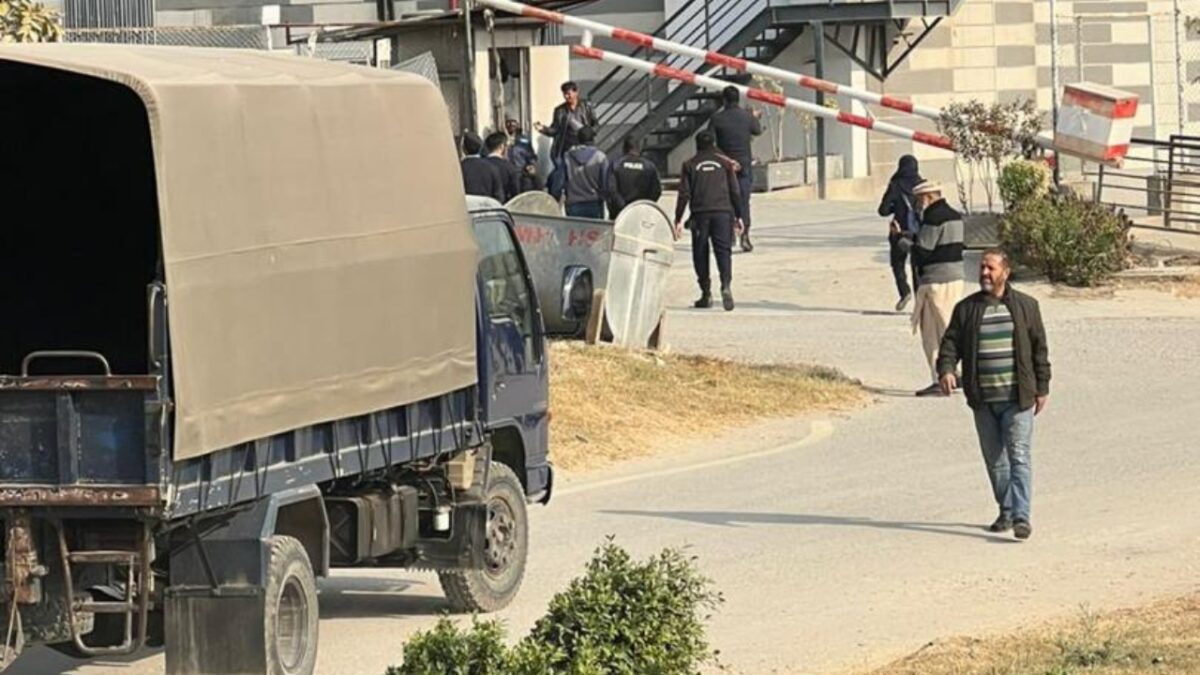The Afghanistan Human Rights Defenders Committee in a statement described the situation of Afghan refugees in Pakistan as “worsening,” citing recent directives issued by Pakistan’s Counter Terrorism Department that have compounded their difficulties.
The committee highlighted the increasing harassment, extortion, and administrative obstacles faced by Afghan migrants as a result of new measures implemented by Pakistani authorities.
“Individuals without legal residency documents are at particular risk,” the statement said. “They are forced to evade police informally, which places significant psychological and financial burdens on them, leaving them unable to provide for their families.”
The committee warned that Pakistan’s policies pose heightened risks to Afghan human rights defenders and other vulnerable groups, particularly those who face deportation. The committee noted that deported individuals are at risk of falling into the hands of Taliban intelligence agencies, further endangering their lives.
Calling for international intervention, the committee urged global organizations, human rights groups, and the United Nations to protect Afghan refugees from harassment, forced deportation, and associated risks.
“We call on the international community to address the systemic corruption that has worsened the situation for Afghan refugees and to expedite and simplify visa processes in Pakistan,” the statement said. The committee also requested financial assistance from international organizations to help refugees obtain visas.
The warning comes as Pakistan has ramped up its crackdown on undocumented Afghan migrants in recent days, with many being detained and forcibly deported. The Pakistani government’s actions follow allegations that Afghan refugees were involved in recent anti-government protests by supporters of the Pakistan Tehreek-e-Insaf (PTI) party. The Taliban have denied these claims.
Additionally, the surge in attacks by the Tehrik-i-Taliban Pakistan (TTP) and subsequent responses by senior Pakistani officials have further strained the environment for Afghan refugees, particularly those without legal residency documents.





